#malware
Topics tagged with malware
-
Hive ransomware gets upgrades in Rust

- 1 comment
- 271 views
-
This new Android malware delivers banking trojan, keylogger and ransomware

-
These 26 brand new Android smartphones come with malware pre-installed

-
Fake Blue Screen of Death faux-freezes your system like the real McCoy
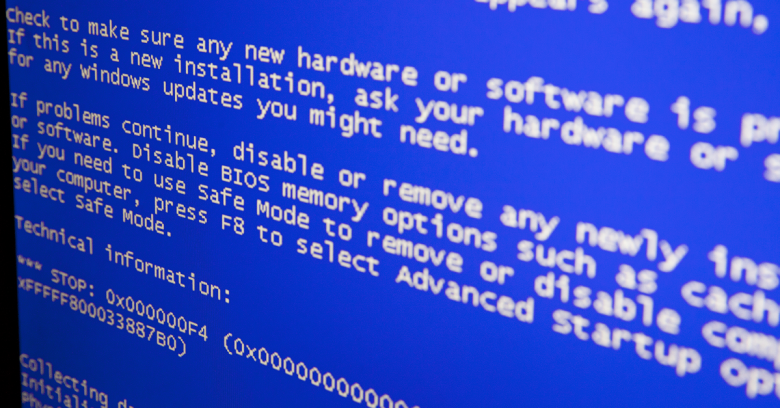
-
Massive cyberattack turned ordinary devices into weapons
-
Enjoy taking selfies? That plays right into the hands of this identity-stealing malware...
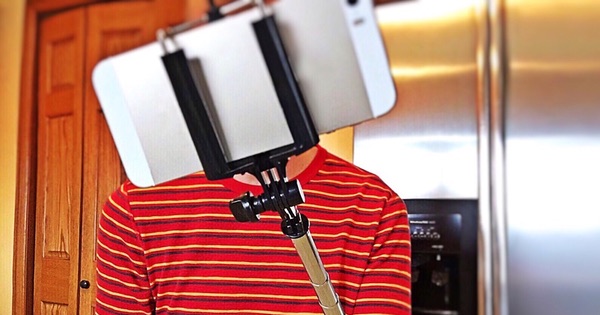
-
Hackers are automatically seeding trackers with malware disguised as most popular downloads
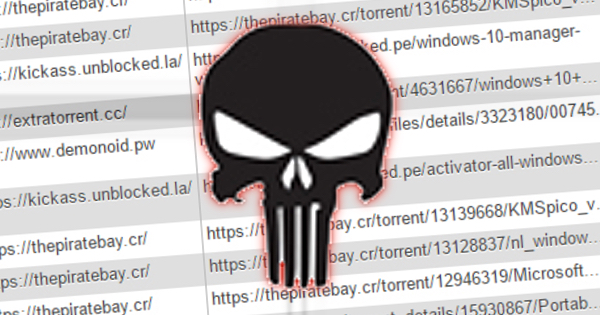
-
Don’t plug it in! Scammers post infected USB sticks through letterboxes
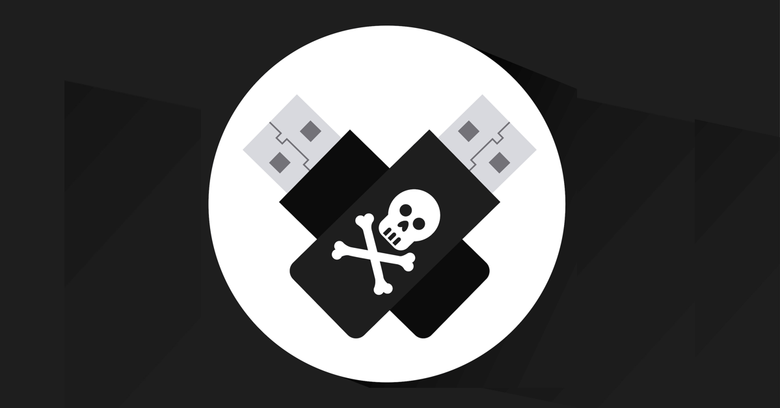
-
Now WikiLeaks is distributing malware
- 1 comment
- 861 views
-
Update Your iPhone Now To Fix Flaw That Can Let Hackers Steal Your Stuff With A Single Text

-
When is malware not malware? When the FBI says so, of course

-
Accidentally Typing “.om” Instead of “.com” Puts Your Computer At Risk For Malware
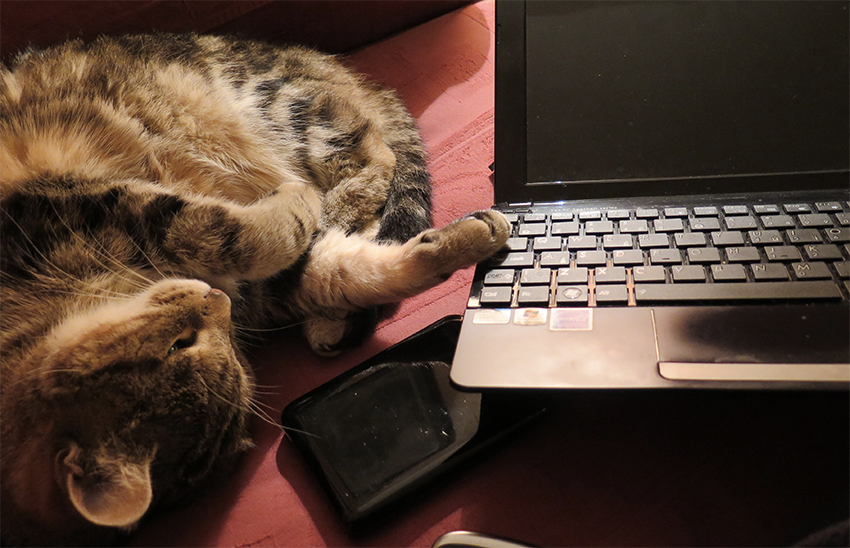
-
Did Microsoft make the right move by labeling some versions of the Ask Toolbar as malware?
-
Software Solutions to De-crapify the Crappiest PCs

-
Google's Doubleclick Ad Servers Exposed Millions Of Computers To Malware

- anti-virus
- attack
- malicious ads
-
+1 more
Tagged with:
- 2 comments
- 908 views
-
Sneaky New Malware Hides in Windows Registry
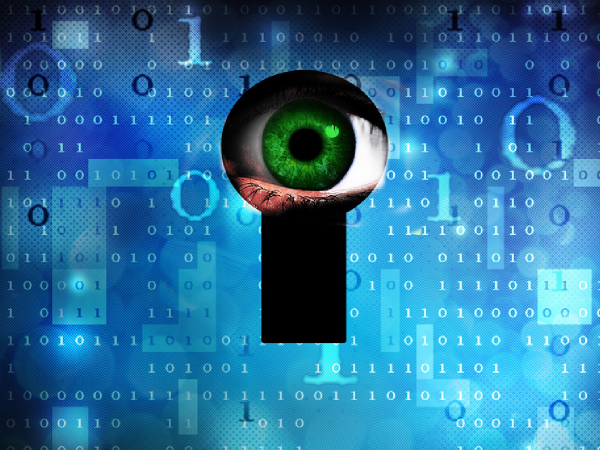
- 7 comments
- 1338 views
-
Windows Registry-infecting malware has no files, survives reboots
-
Uh Oh, The Humble USB Has A Serious Security Problem
- 3 comments
- 1310 views


